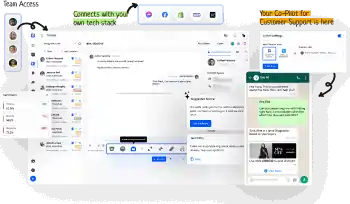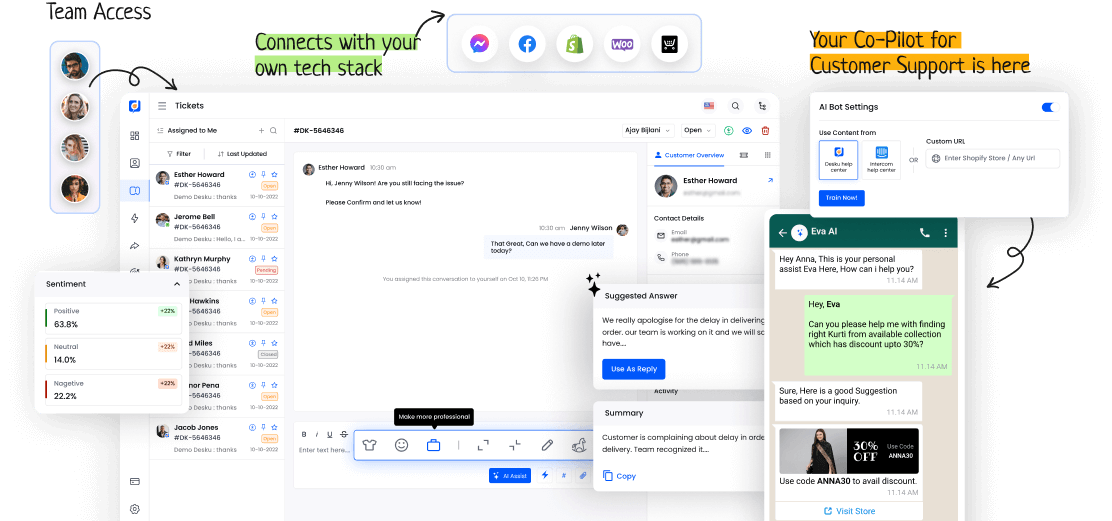VoIP call blocking is a key tool in digital communication today. It helps users fend off unwanted calls and scams. With more spam and fraud, knowing how VoIP call blocking works is vital. This feature helps keep privacy and cut down disruptions. It also helps improve call management.
Still, how to use VoIP call blocking and get the most out of it are interesting aspects to explore.
I. Understanding VoIP Call Blocking
VoIP call blocking is a feature in telecom. It lets users stop unwanted calls. They filter and block certain numbers or calls. This tech is vital to stop spam and cut disruptions. It makes communication smoother.
II. Benefits of VoIP Call Blocking
Boosting the effectiveness of call management and protecting user privacy are vital gains of using call blocking in VoIP systems.
- Saving money: Companies can cut costs tied to wasted time and resources by blocking undesired calls.
- Better productivity: Workers aren't distracted by spam or nuisance calls, letting them concentrate on key tasks.
- Better safety: Call blocking aids in stopping likely scams and fraud, ensuring safe communication.
III. How to Implement VoIP Call Blocking
To apply VoIP call blocking, groups need to set up smart plans fitting their communication needs and safety measures. They need to create call blocking rules. These rules can be based on things like the caller's ID, when they call, or how often they call.
Regularly check and change these rules for better results. To fix problems, keep an eye on call logs, study blocked calls, and tweak settings for top call blocking performance.





